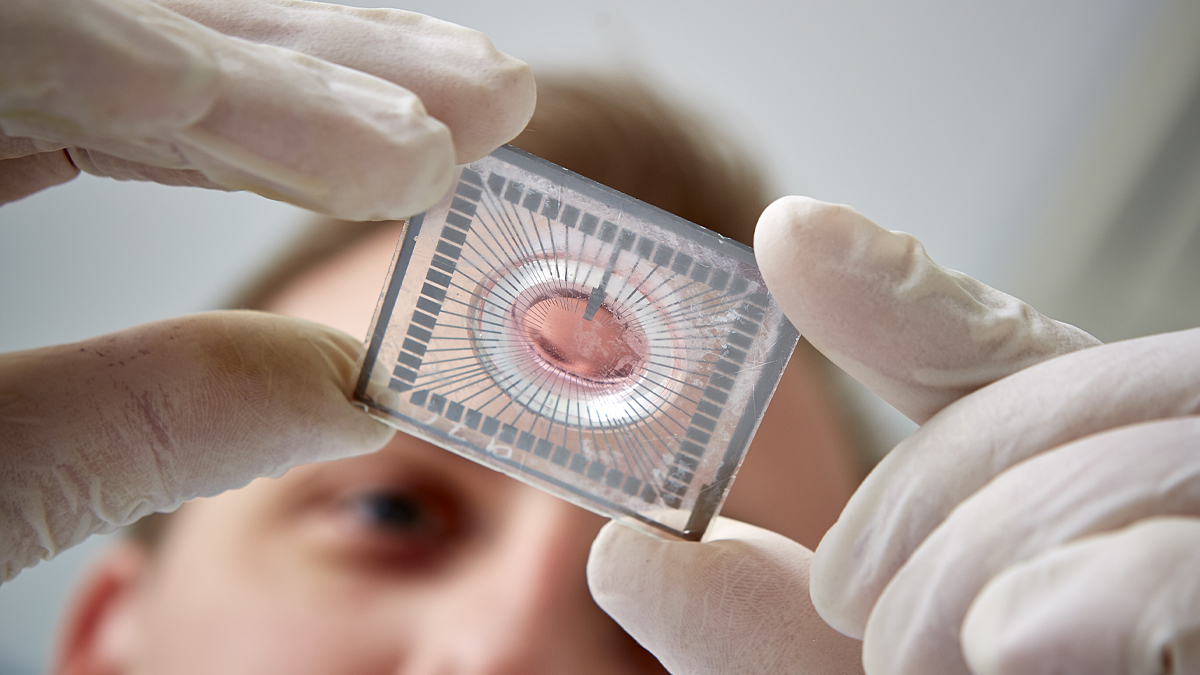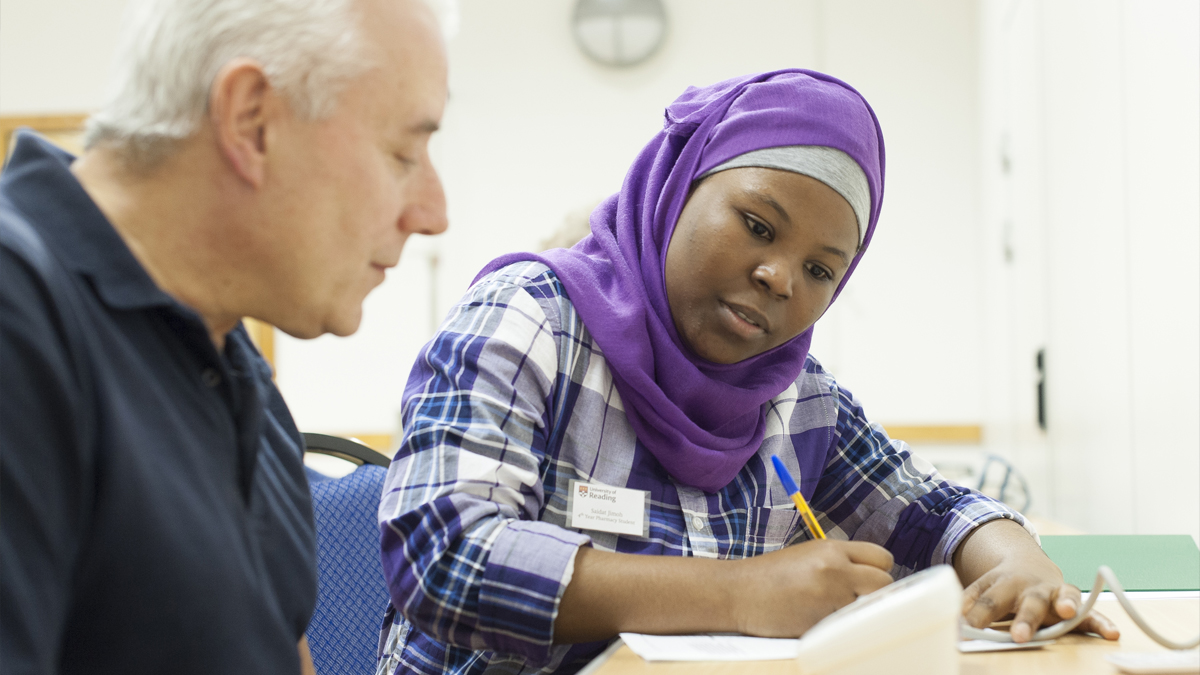Dr Amit Sharma is part of an innovative, progressive GP practice that offers placements to Physician Associate (PA) students and has gone on to employ four graduate PAs. He outlines the benefits PAs bring to his Practice and his advice for other GPs considering working with Physician Associates.
Amit's GP surgery, Brookside Group Practice, offered its first PA placement to University of Reading student Tanya Ali back in 2016.
"We did it for experimental reasons - we were interested in the Physician Associate role but weren't sure where PAs would fit in the Practice. It's been really rewarding to train others - that's a real positive. I feel part of a developing profession, and am helping develop general practice."



